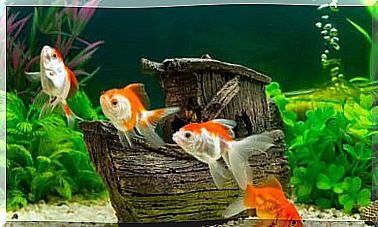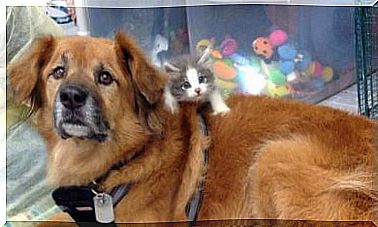Mare Nostrum: Why Caring For The Oceans Is More Important Than Ever
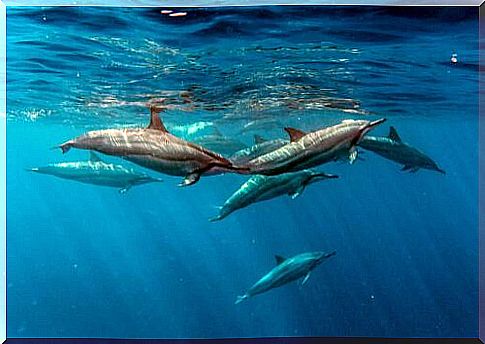
Our oceans are home to more than 700,000 different species. Despite this, Green Peace estimates that less than 3% of them are protected. International regulations have their share of responsibility, although each of us has to take care of the oceans in the best possible way.
The current lamentable state of marine ecosystems
According to Green Peace, 97% of our planet’s habitable habitat is under the waters of our oceans. Not only are they home to more than 700,000 different species of living things, but they also play an essential role in the existence of human life on Earth.
Currently, it is estimated that 12 million tons of plastic reach the oceans annually. This frightening number fills the seas with plastic bags, bottles and microparticles that increasingly harm the quality of life of marine species, and endanger the survival in an environment that should be natural and safe.
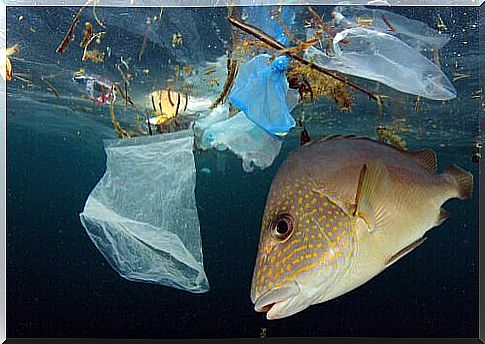
Ocean currents spread the plastic to all corners of the planet, so that a plastic bag from Europe could end up in the Pacific Ocean. Each of the levels of the marine food chain is gradually being affected by plastic, and no one seems to be doing anything to prevent this situation.
The fight to care for the oceans and defend marine life
The Global Ocean Commission, an international initiative that sought to raise public awareness and promote action plans to improve the health of the oceans, issued a statement in 2015 in which it estimated that plastic reaching our waters would reach the 500 million mark. tons in 2020.
Given these data, we must focus on the conservation and sustainable use of the oceans, seas and resources obtained from them. For Green Peace, the most effective way to preserve the most vulnerable ecosystems is to create a network of marine sanctuaries.
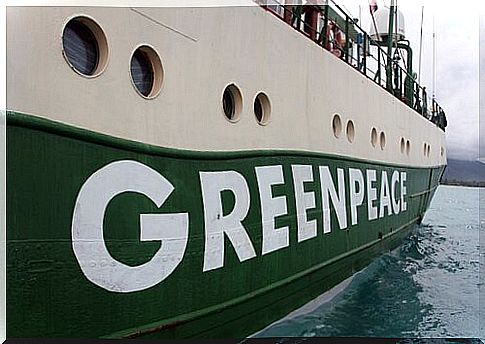
Although there are still no international treaties whose aim is exclusively to care for the oceans, Green Peace is working to bring citizen awareness to institutions.
What can we do to take care of the oceans?
While in the long run an institutional agreement is needed that takes environmental protection to the next level, there are little things we can all do to help alleviate the burden of waste we produce.
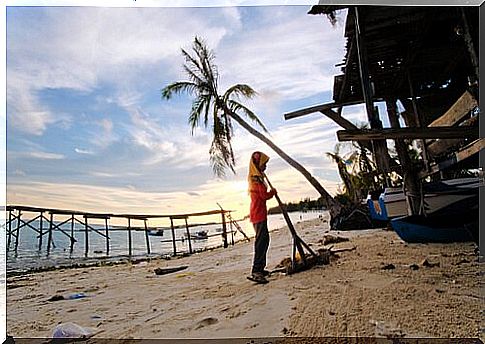
- If you eat fish, try to buy seasonal varieties that come from sustainable farms or local businesses.
- Use fabric bags or backpacks instead of traditional plastic bags.
- When out and about, use your own cutlery, not the plastic ones offered by many establishments.
- There are some cosmetics that use plastic microspheres in their composition, which are usually polyethylene, polypropylene and nylon. They are often found in exfoliating products. You can substitute homemade versions with honey, sugar and aloe vera, which are cheaper and less harmful to the environment.

